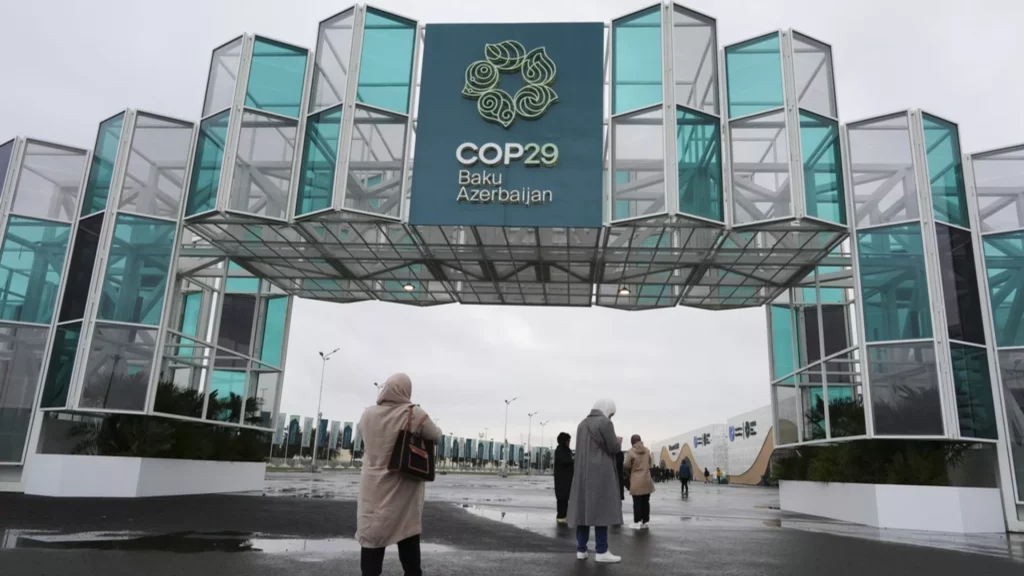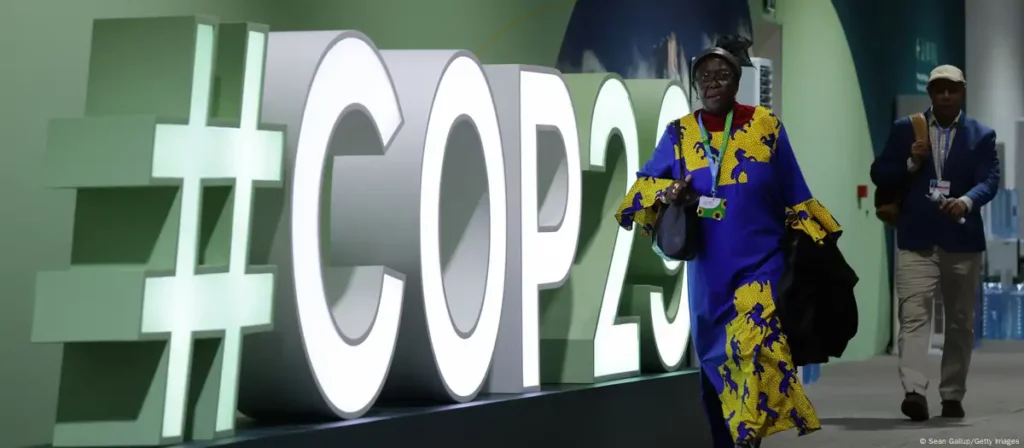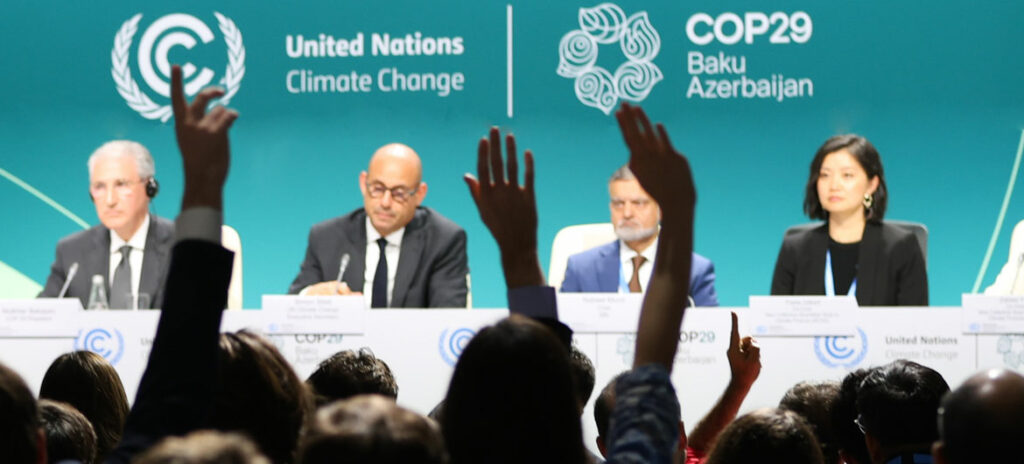
Participants in the 29th session of the UN Climate Change Conference agreed on the night of Sunday, November 24, to increase climate aid to poor countries. By 2035, the amount of funds annually allocated for these purposes by industrialized countries should increase to at least $300 billion, and in total, taking into account both public and private financing, the poorest countries should receive $1.3 trillion a year by that time.
The money should enable developing countries to finance measures to combat climate change and adapt to the effects of global warming, such as more frequent droughts, storms and floods.
India strongly opposed the agreement, but the resolution was still formally adopted by consensus. Chandni Raina, a representative of the Indian delegation, said the document was “nothing more than an optical illusion.” “We believe it will not help solve the huge problem we are all facing. That is why we oppose the adoption of this document,” she stressed at the summit’s final plenary session.
In turn, representatives of a number of states complained that their requests to speak were ignored. A representative of Nigeria called the $300 billion in financial aid from industrialized countries a “joke” and an “insult.” A representative of Bolivia said that developing countries were “abandoned” with their problems because of the climate crisis.
European Commissioner for Climate Action Wopke Hoekstra defended the resolution. According to the official, “a new era in climate finance” is coming, and the EU will continue to play a leading role, he promised. The new targets are ambitious, but also realistic, Hoekstra said.
COP29 extended amid disagreements
The COP29 climate conference in Baku has been extended due to disagreements over the draft final agreement. A number of COP29 participants considered the proposed increase in financial assistance from industrialized countries to 250 billion euros per year to be insufficient.



